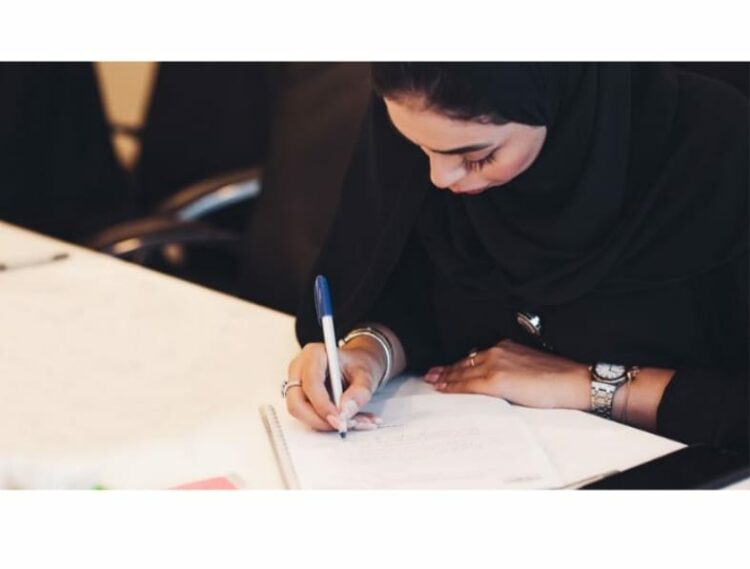Saudi Arabia : On the 22nd of December 2022, the Education and Training Evaluation and Commission (ETEC) of Saudi Arabia banned the Hijab and Abaya for female students. They stated that they could wear school uniforms that must adhere to public decency regulations.
The Abaya is a traditional loose-fitting, full-length robe worn by women in the Muslim World, particularly in Arab Nations, as a symbol of religious purity in Islam. Until recently, it was compulsory and mandatory for all women.
The Saudi Arabian Government strictly follows Sharia Law, in which all women must wear it before entering public places or leaving the house for work.
The Crown Prince of the Kingdom of Saudi Arabia (KSA), Mohammed Bin Salman, abolished wearing an Abaya and Hijab for ex-pats and foreign tourists. However, it was tough for Saudi Women to accept the amendment. Even after passing the law, the moral police strictly enforced wearing it.
According to Salman, women need not wear the Hijab and Abaya as long as they maintain a “modest appearance” in public. However, the government did not fully implement the rule, and it continued and stress heavily on wearing it.
In 2018, Saudi Women launched an online campaign under the Arabic Hashtag “Abaya Inside Out” in protest against Islamic Law. They began to wear the dress inside out to express their dissent over the lawn, which prohibits Saudi Women’s freedom to clothe.
The ETEC was formerly known as Education Evaluation Authority. It is a government organisation responsible for planning, evacuation assessment and accreditment of educational systems in Saudi Arabia in coordination with the Ministry of Education.
It was established in 2017, after the Council of Ministers Decree No 120 and as a governmental entity, it was legally and financially independent. It directly reports to the Prime Minister of KSA.
Similar movements were launched in Iran by the women folk against Hijab. They were, too, at the receiving end of moral police.
The only difference was the violent and brutal crackdown by government agencies on the protestors and the suppression of their freedom of choice. This is in sharp contrast with Saudi Arabia, where a member of the royal clan himself tried to change the law for the welfare of women.




![A Representative image [ANI Photo]](https://organiser.org/wp-content/uploads/2025/12/representative-image-e1765612818961-120x70.webp)








Comments